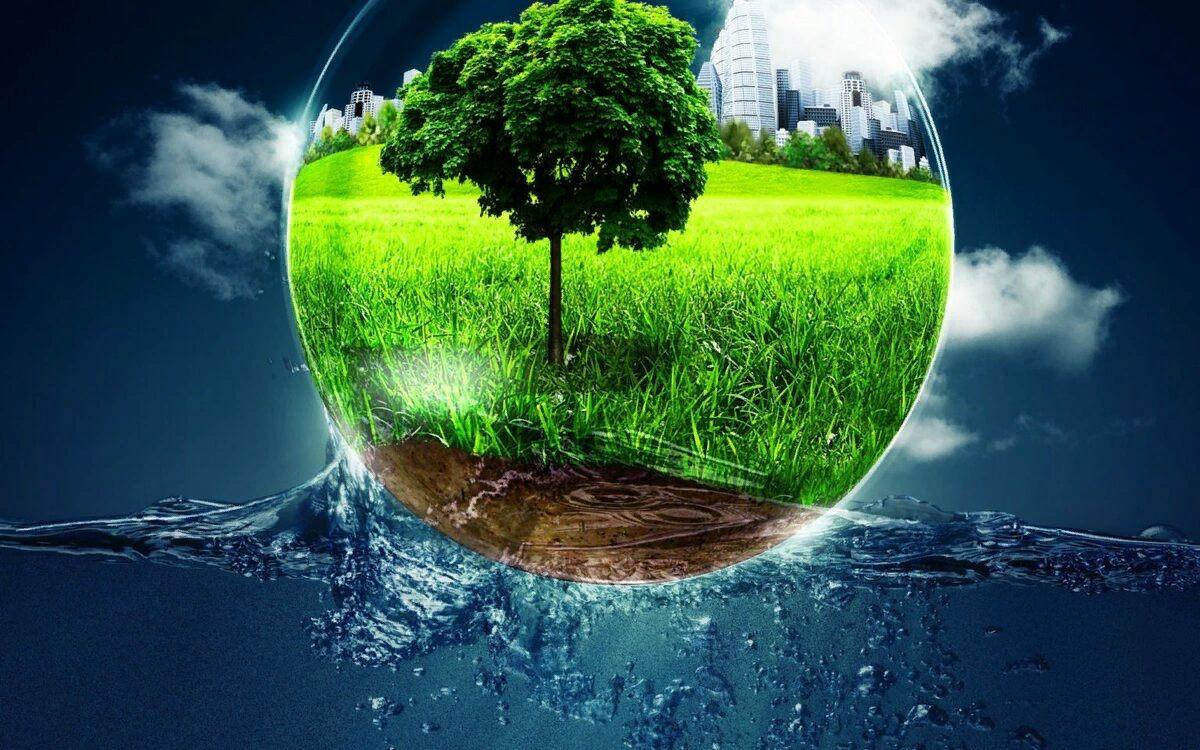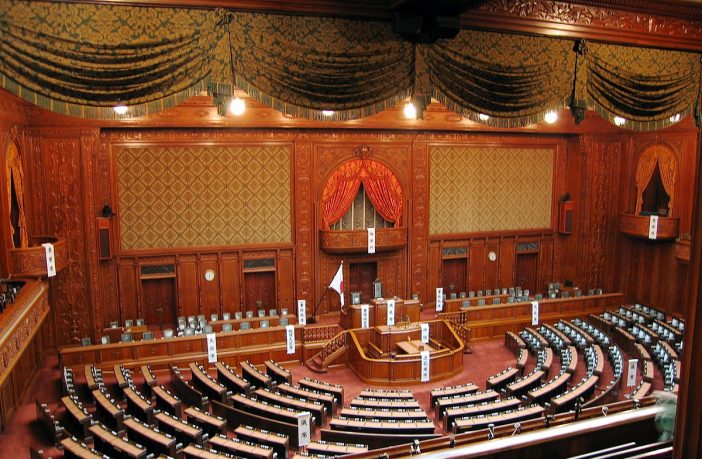The Japanese government will provide financial support to reduce industrial carbon emissions
The Japanese government plans to organize a fund that will support industrial enterprises in the process of decarbonization. The amount of capital will be about $15.4 billion. It will be distributed to companies that are experiencing difficulties in transitioning to green production.
According to official data, Japan’s industrial sector needs about $185 billion to achieve zero carbon emissions by 2050. This primarily concerns producers of chemical products, paper, and steel.
To reduce the costs of companies, the Japanese government decided to create a special fund that will reimburse part of the funds for key sectors of the country’s economy. The money will go to various studies, and optimization of production processes to reduce carbon dioxide emissions. In addition, some of the equipment will be replaced by more modern and environmentally friendly. One of the goals of the fund will be to transfer steel companies, where coal remains the main raw material. They will gradually reduce their use of the mineral in favor of environmentally friendly hydrogen.

According to the strategy previously adopted by the Japanese authorities, by 2030 the country must reduce its carbon dioxide emissions by 46% of the level recorded in 2013. Zero emissions are planned to be achieved by 2050 by increasing the number of renewable energy facilities, as well as modernization of carbon dioxide utilization processes at industrial facilities. Nuclear power will also be connected to achieve the targets. According to the objectives of the authorities, by 2030 the country’s nuclear power plants must generate 20-22% of all electricity needs. In turn, together with the use of green energy facilities, this share should grow to 38%.
As for the nuclear industry, Japanese authorities are not yet focused on increasing its facilities, although they note the importance of this industry. At this stage, it has been decided to concentrate resources on the existing nuclear power plants and develop measures to improve their performance. Despite the fact that energy security has become a pressing issue for the country, the government considers it more expedient to improve processes at existing nuclear power plants. At the same time, the authorities plan to provide comprehensive support for developments in the nuclear power industry, including the creation of new-generation nuclear complexes.
In Japan, there are 36 nuclear reactors, of which only 10 are operating. The functioning of most of the complexes was suspended after the accident at Fukushima Daiichi in 2011. After the disaster, the country tightened safety standards for nuclear power plants, and not all facilities met the new criteria.




